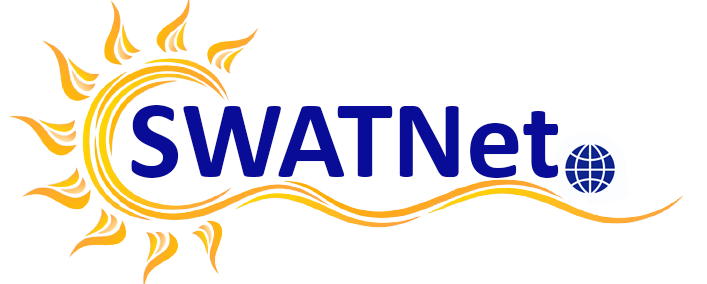Consortium
SWATNet consortium consists of following academic institutes described below and industrial partners described here. We have a comprehensive and complementary expertise of Sun to Earth space weather chain.
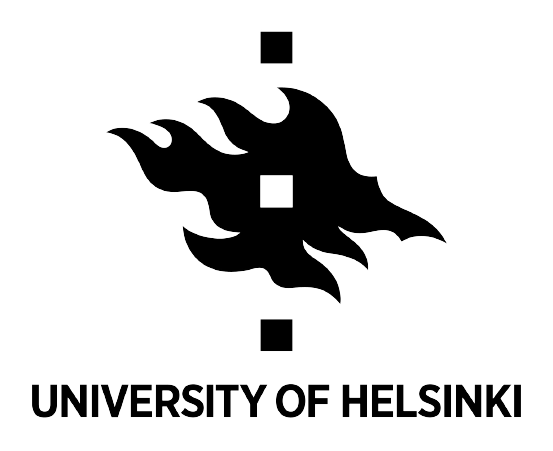
University of Helsinki (UH)
The University of Helsinki is the largest university in Finland and among the best multidisciplinary research universities in the world. International rankings consistently place the UH amongst the top 20 universities in Europe. UH includes eleven faculties and has ca. 40.000 students and employees. The proposed project would be conducted at the Division of Particle physics and Astrophysics of the Department of Physics (UH-Phys).

Academy of Athens (AA)
The Academy of Athens (AA) was founded in 1926 and is the premier intellectual Institution in Greece. The Research Center for Astronomy and Applied Mathematics (RCAAM) is commissioned by the Academy of Athens to conduct research in areas of heliophysics, among other topics. RCAAM researchers participate in numerous collaborations in Europe and beyond.

University of Ioannina (UoI)
The University of Ioannina (UoI) was established in 1964. It has more than 15000 undergraduate and postgraduate students, 550 members of academic staff, 170 teaching fellows, 130 members of technical laboratory staff, and 280 administration employees. The Department of Physics of UoI was established in 1971 and has 44 teaching and research faculty members, 6 laboratory teaching members, 6 technicians and 6 administrators.The Department has around 1500 undergraduate students, 90 graduate students and 40 PhD students. The Astronomy group at the Department of Physics of UoI has extensive experience in multi-wavelength imaging and spectroscopic observations of the quiet solar atmosphere and solar transients (e.g., flares and CMEs).
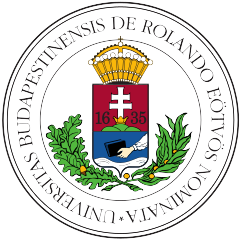
Eötvös Loránd University (ELTE)
Eötvös University is Hungary’s flagship university, with a strong tradition of excellence in theoretical physics. Research in astrophysics and space physics is done in several departments in two institutes of the Faculty of Science.

Katholieke Universiteit Leuven (KU Leuven)
KU Leuven boasts a rich tradition of education and research that dates back six centuries. KU Leuven is currently by far the largest university in Belgium in terms of research funding and expenditure, and is a charter member of LERU. KU Leuven conducts fundamental and applied research in all academic disciplines with a clear international orientation. In the Times Higher Education ranking KU Leuven is ranked as the 21st European university, while in the Reuters Top 100 of the World’s most innovative institutions, KU Leuven is listed as the first European university.
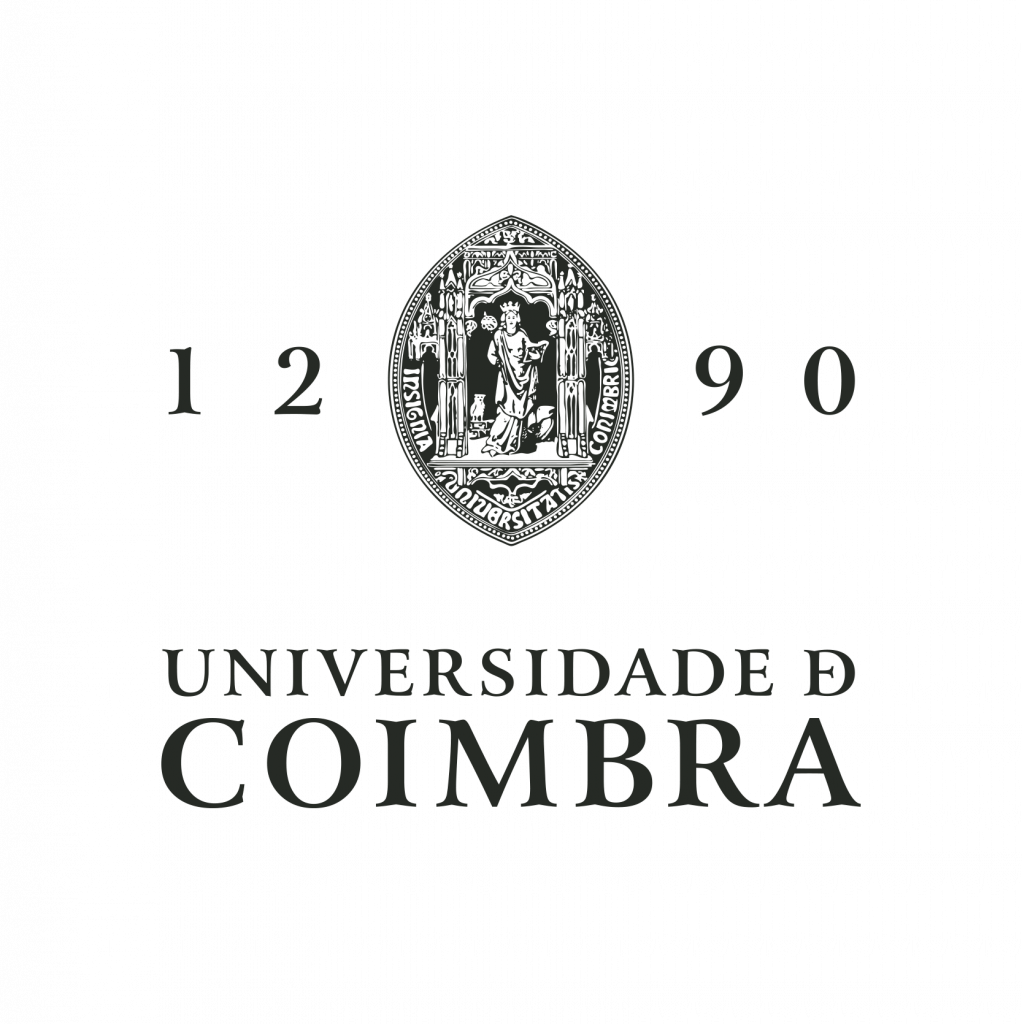
University of Coimbra (UC)
The University of Coimbra was founded in 1290 and is a reference for higher education and scientific research in Portugal, with an excellent academic reputation that is recognized worldwide. It includes 8 faculties and 37 research centres, providing teaching and conducting research in almost all study fields: Exact Sciences and Engineering, Life Sciences, Architecture, Medicine, Social Sciences, Humanities and Sports; as well as several structures devoted to promote science and technology, culture and sports.

Universita` degli Studi di Roma “Tor Vergata” (UNITOV)
UNITOV is a public institution for scientific research and cultural formation with 40000 students, and 1500 teachers. On its Campus and in the surroundings are important research institutions: a CNR (Italian National Research Council) Research Area, the Headquarters of ASI (Italian Space Agency), ENEA (Italian National Agency for New Technologies, Energy and Environment), ESA-ESRIN (European Space Agency Center for Earth Observation), two INAF (Italian National Astrophysics Institute) institutes and the Italian National Institute of Nuclear Physics (INFN).

University of Sheffield (USFD)
The University of Sheffield is amongst the top 12 universities within the UK and has an international reputation for excellence in research and teaching. A member of the Russel Group (an association of 24 of UK’s leading Universities), it has close links with industry, commerce and the professions, and achieves consistent success in attracting research grants and funding from regional, national and international organisations. Additionally, USFD is a founding member of the World Wide University (WUN) network, a partnership of 23 research-led universities that helps to build global research communities by supporting collaboration. USFD is ranked 12th in the UK, 42nd in Europe and 106th in the world according to the 2019 Times Higher Education World University Rankings.
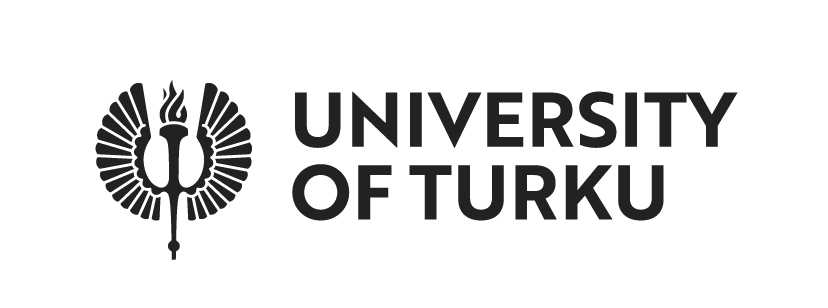
University of Turku (UTU)
The University of Turku is the third largest multidisciplinary university in Finland. UTU is recognized for its quality of research, teaching, and excellent support services. In the international QS ranking, UTU is among the top 300 universities and is ranked third-best university in Finland (QS Ranking 2019). The Department of Physics and Astronomy (DPA) has nine professors, three of whom are working in space sciences. Space sciences at UTU were ranked 118th world wide in the Best Global Universities Ranking in 2018. Altogether more than 40 FTEs are done in space sciences at UTU.
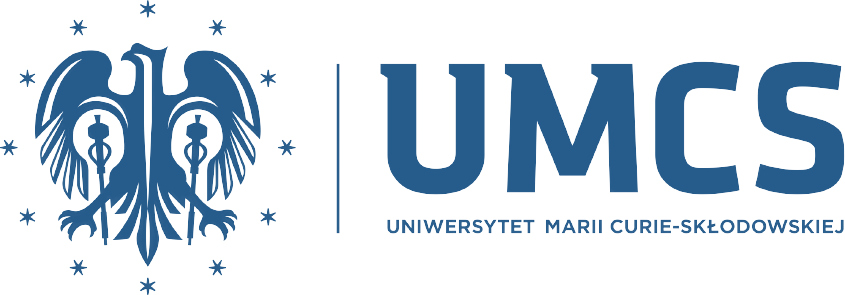
University of Maria Curie-Skłodowska (UMCS)
The Maria Curie-Sklodowska University is a state institution of higher education established in Lublin, Poland in 1944. As the largest university in Eastern Poland it offers academic programs at undergraduate, graduate and doctoral levels. Maria Curie-Skłodowska University conducts research and development activities within its 11 faculties and actively participates in various international programmes such as the 7th Framework Programme, H2020, Lifelong Learning Programme/Erasmus +, US Embassy Grant programmes, Polish-Swiss Research Programme, to mention just a few. Since 2004 over 140 international research projects were successfully implemented at the institution. The group of astrophysics (GA) is a part of the Institute of Physics (IF) of UMCS.

Hungarian Solar Physics Foundation (HSPF)
The Hungarian Solar Physics Foundation is a non-profit research organisation promoting solar research and training with associated education and outreach in Hungary. HSPF was founded in 2016 and has 6 members (3 Curators and 3 on Oversight Cttee) as officers, all active solar physicists. Besides, there are currently additional 25 professional solar researchers associated with HSPF as support scientists. HSPF also partners with two leading universities in Hungary (Eötvös University, Budapest; Debrecen University) and the Local Council of Gyula at their official base. They also built up professional international relations with some European universities and relevant industries. Under the auspices of HSPF, operates Gyula Bay Zoltán Solar Observatory (GSO), a research facility specialized in taking and analysing synoptic solar data. HSPF is also member of EAST (European Association for Solar Telescopes).
